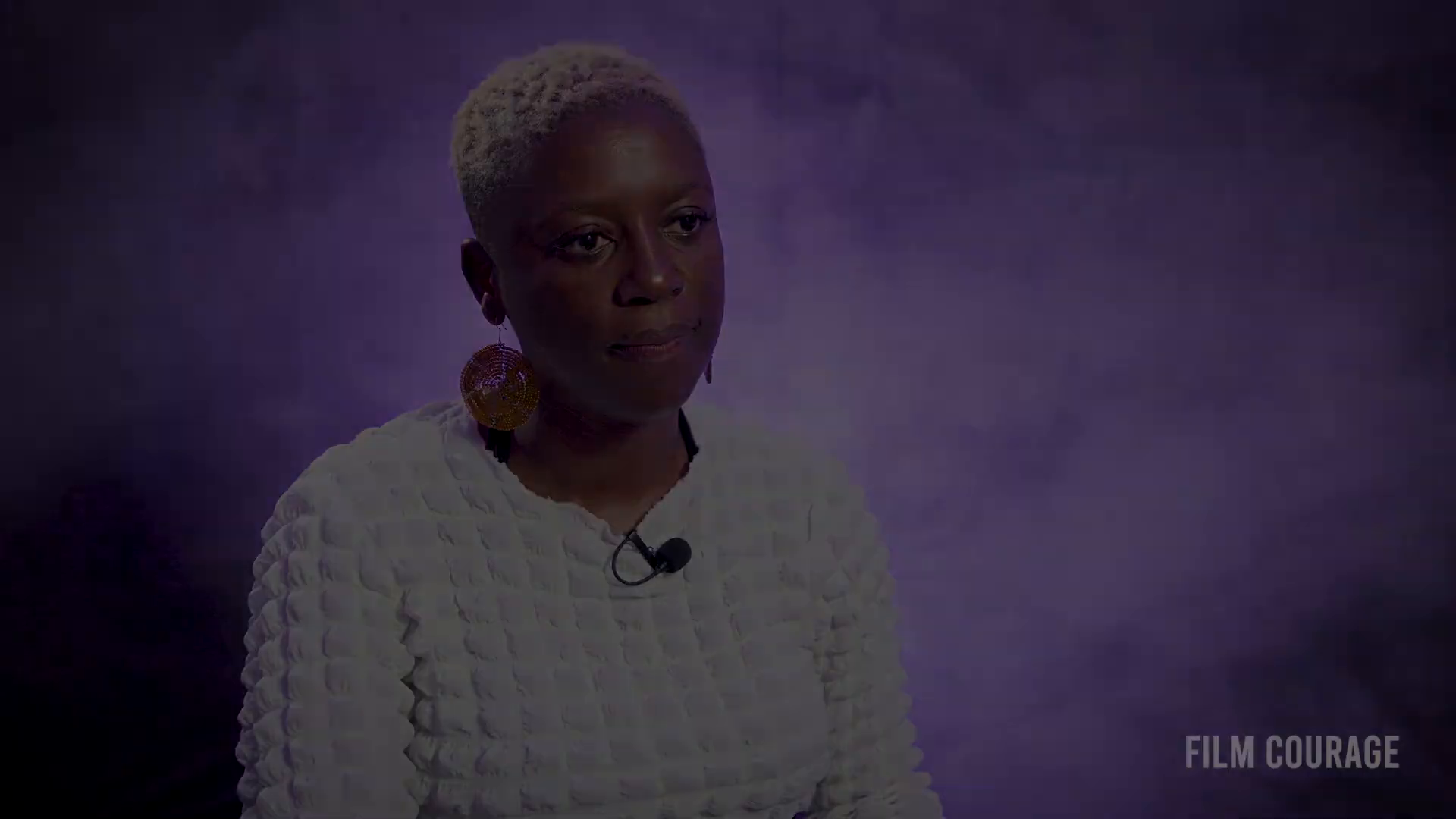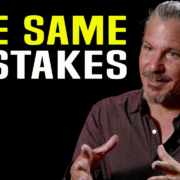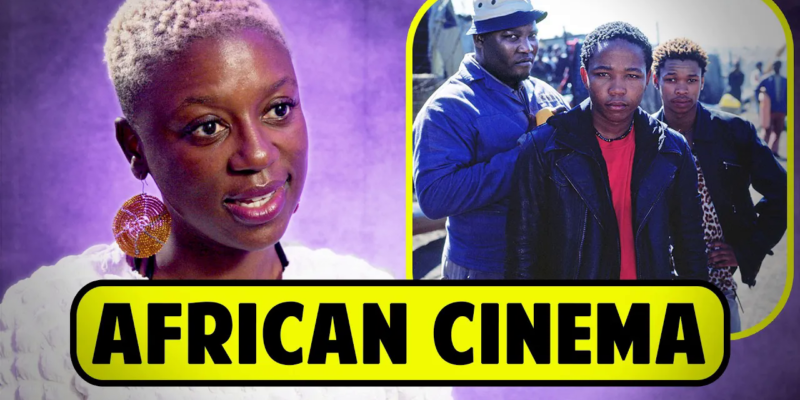
Exploring the African Film Industry: Insights and Perspectives
Introduction to African Film Industries
Africa is home to a diverse array of film industries, each reflecting the continent’s vast cultural and linguistic diversity. The size and multilingual nature of Africa have led to the development of various frameworks and methods for film production across different regions. For instance, South Africa has its own distinct industry, while Nollywood represents the vibrant film scene in Nigeria and West Africa.
Are there a variety of different movie industries in Africa?
In Francophone Africa, filmmakers often collaborate with French-speaking distribution platforms like Canal Plus, creating unique pockets of film production. This diversity necessitates a tailored approach to filmmaking, where content is often produced in the language of the intended audience. This approach not only respects cultural nuances but also enhances the authenticity and relatability of the films.
The drive to create content that resonates locally is strong, yet there is a growing trend to expand beyond the initial market. For example, South Africa is increasingly exporting films to Brazil, where cultural similarities have fostered a mutual exchange of cinematic content. This “local for local” strategy emphasizes the importance of engaging with the primary audience first, with the potential for broader appeal if the content resonates beyond its original context.

Nollywood: The Independent Spirit
Nollywood, the vibrant film industry of Nigeria, is renowned for its independent spirit and resourceful approach to filmmaking. Emerging in the early 1990s, Nollywood has grown to become one of the largest film industries in the world, producing thousands of films annually. This section explores the origins, growth, and impact of Nollywood both locally and internationally.
Origins and Growth of Nollywood
Nollywood began in Nigeria, driven by a need to tell local stories using available resources. The industry quickly gained momentum due to its unique approach to filmmaking, which emphasized speed and cost-effectiveness. This allowed filmmakers to produce a high volume of films, catering to the tastes and preferences of local audiences.
“What I know about Nollywood is that, like, so you know how we’re talking about, like, a independent spirit of filmmaking and, like, using whatever you have to make stuff?”
The Independent Filmmaking Approach
The independent spirit of Nollywood is characterized by its do-it-yourself ethos. Filmmakers often work with limited budgets and resources, yet they manage to create compelling narratives that resonate with audiences. This approach has not only fueled the industry’s growth but also inspired filmmakers worldwide to adopt similar methods.
Impact on Local and International Markets
Nollywood’s influence extends beyond Nigeria, impacting both local and international markets. The films often explore themes relevant to African culture and society, providing a platform for cultural exchange and understanding. Internationally, Nollywood has gained recognition for its innovative storytelling and has become a significant player in the global film industry.
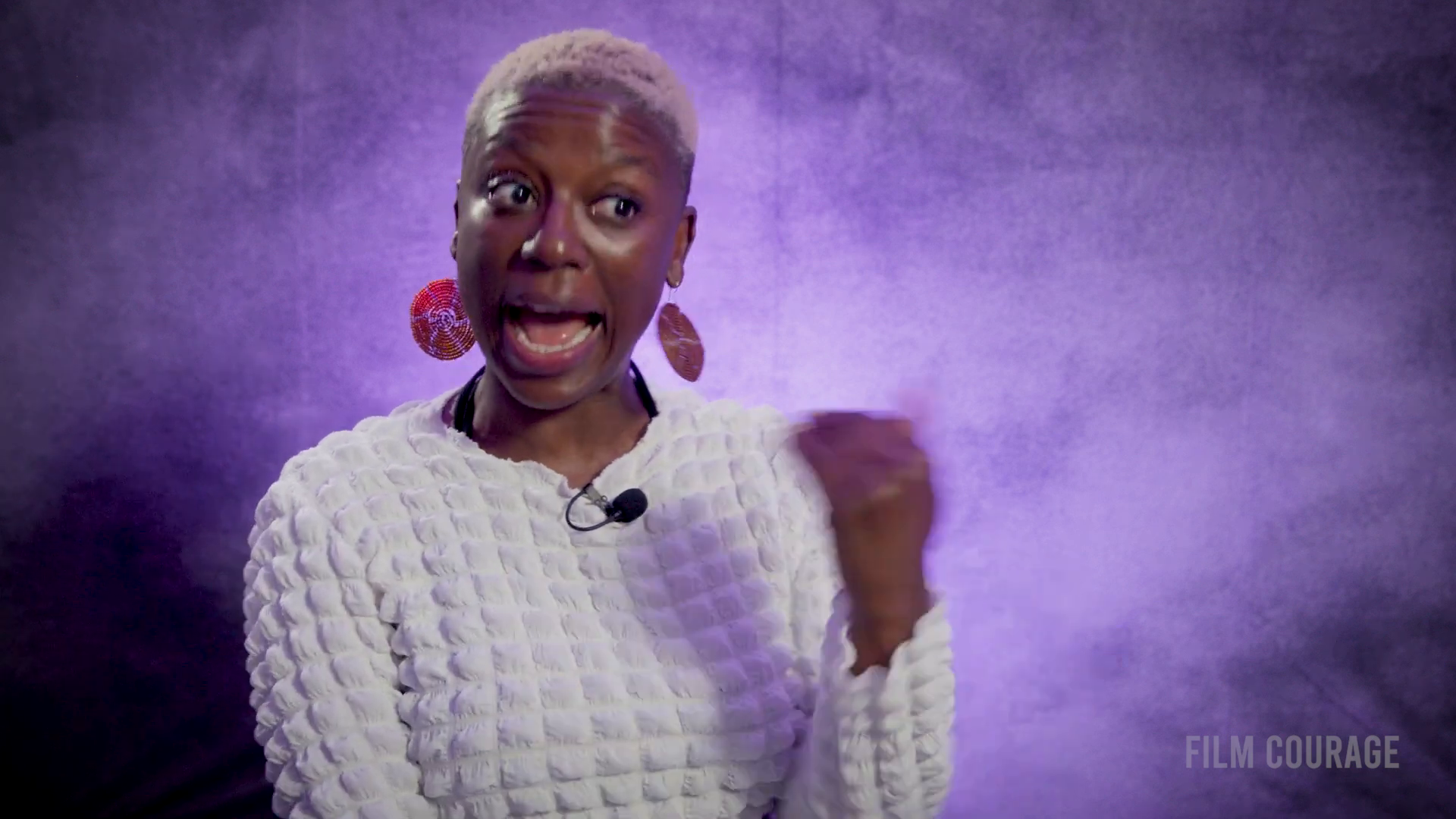
Cultural Exchange and Global Reach
The African film industry is witnessing a significant trend towards international market expansion. Filmmakers are increasingly aiming to sell their productions beyond their initial local markets. This strategic move not only broadens their audience but also enhances the global appeal of their films.
“I’m seeing increasingly, that people are trying to sell stuff outside of their first market.”
A notable example of this cultural exchange is the relationship between South Africa and Brazil. South Africa exports a substantial amount of content to Brazil and imports a variety of South American productions. This exchange is facilitated by cultural similarities that resonate with audiences in both regions.
“South Africa is actually exporting a lot to Brazil and we import a lot of South American stuff into South Africa.”
The emphasis on creating content that appeals to a broader audience is evident, yet there remains a strong focus on producing films that speak to local audiences first. The philosophy of “local for local” is prevalent, where filmmakers prioritize their immediate audience and then expand if the opportunity arises. This approach has proven successful, as seen in the growth of Nollywood, which initially focused on local stories and later attracted international platforms like Netflix.
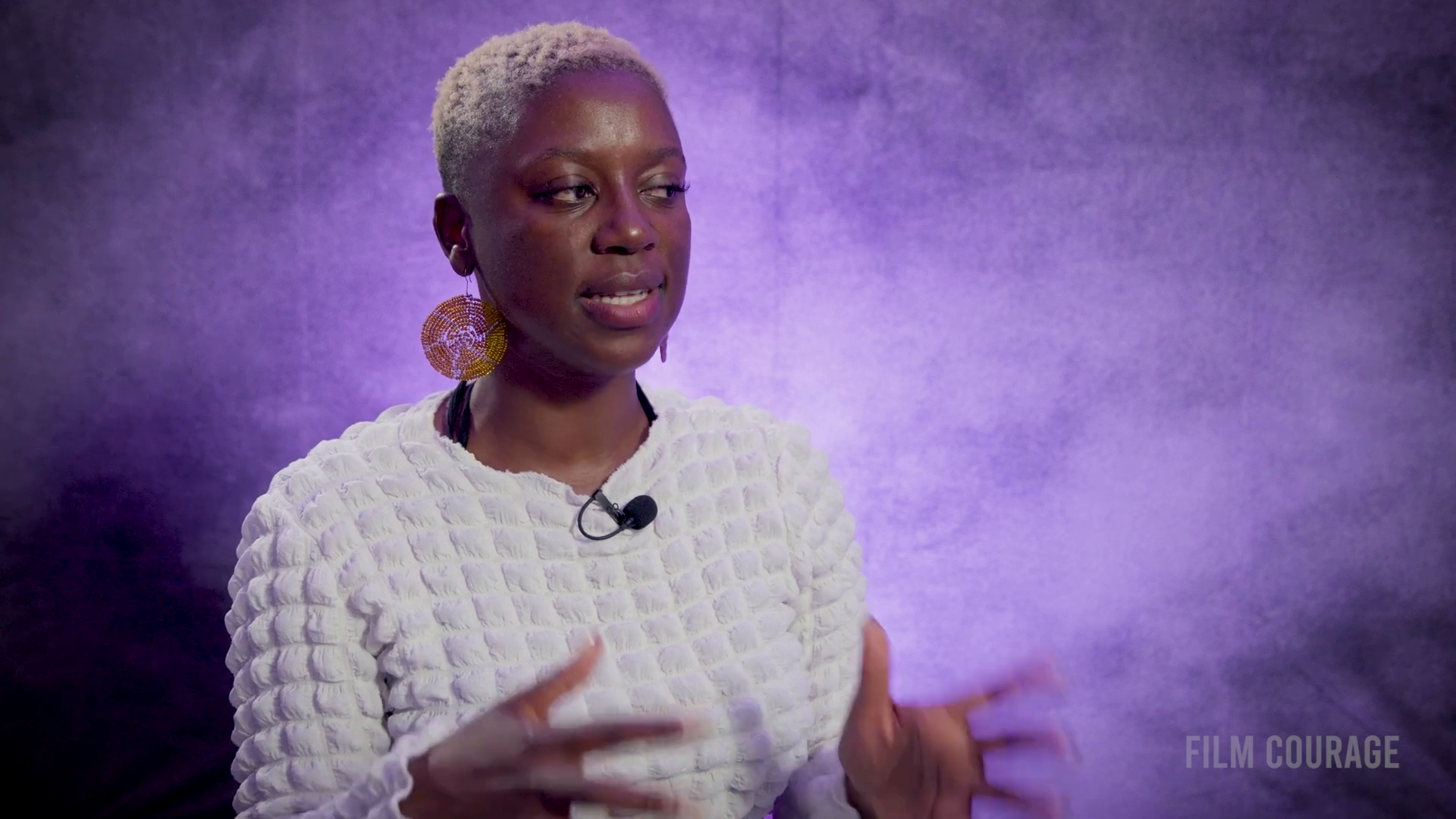
Personal Aspirations in the African Film Industry
Was it ever your goal to work in the film industry in Nigeria?
In Nigeria? Actually, yes. I actually had more interest in working in Nigeria than America because of the hustle spread. I was like, yo. If these people, again, I had a picture in my head. I was like, no one’s gonna give me a check and go, go make Zimbabwean content. Here’s a million. No one’s gonna do that for me. But if I can tap into that hustle energy and, like, learn how they’re doing it, and then maybe even partner with filmmakers in Nigeria. I even tried to, I think. One of my first investors actually for my web series is a Nigerian person. I’ve got very good Nigerian friends. Hakim K. Kazimin Burns and Song is from Nigeria. One of my first directors that I worked for as a postproduction producer was Nigerian. So I just I have mad respect for just the we’ll do it our own way thing, and I wanted to I didn’t wanna necessarily live there because I’m a country girl at heart. LA suits me perfectly just because outside of the film industry, it’s pretty chill. That’s you know, and you can find your chill energy. And I think the film industry in Nigeria is put in the melting pots, like Accra and Lagos are busy, busy. It’s like New York energy on steroids, but definitely was intrigued by that industry and wanted to tap into that vibrant energy.
So you thought you’d have more of a chance to tell the stories you wanna tell there. You never thought that somehow Netflix and America would actually honor you here?
Well, that’s because I wanted to specifically tell African stories. Right? So, like, coming here, like, how many stuff how many things outside of Wakanda Forever are made in Hollywood that are specifically African? I think on one hand, like, we can count. Right? Maybe two. Fine. Hotel Rwanda. A few things, but it’s a very different process trying to there are different hoops to jump through. Right? Because typically when you’re making stuff in Hollywood, you need to serve as an American audience first. And I get it. Right? Because that’s your primary buyer. Whereas if you’re making stuff out of Africa, you’re explaining less. You’re just like, yeah. This is just how we talk. This is just how we so, yeah, that was my aspiration to just, build and collaborate with my fellow African filmmakers. But absolutely to build and collaborate with an international filmmaking community, but definitely wanted to start Africa and then out. And even though I didn’t plan it, I’m actually doing it now. So even though I work in Los Angeles and live in Los Angeles, I’m working on a show that is focused on an African market, but I get to help out, on other shows that aren’t specifically African. So it’s actually kinda cool to broaden, but, yeah, definitely have dreams of, you know, Africa. My role in just kind of creating these really global, cool things that are unapologetically African.
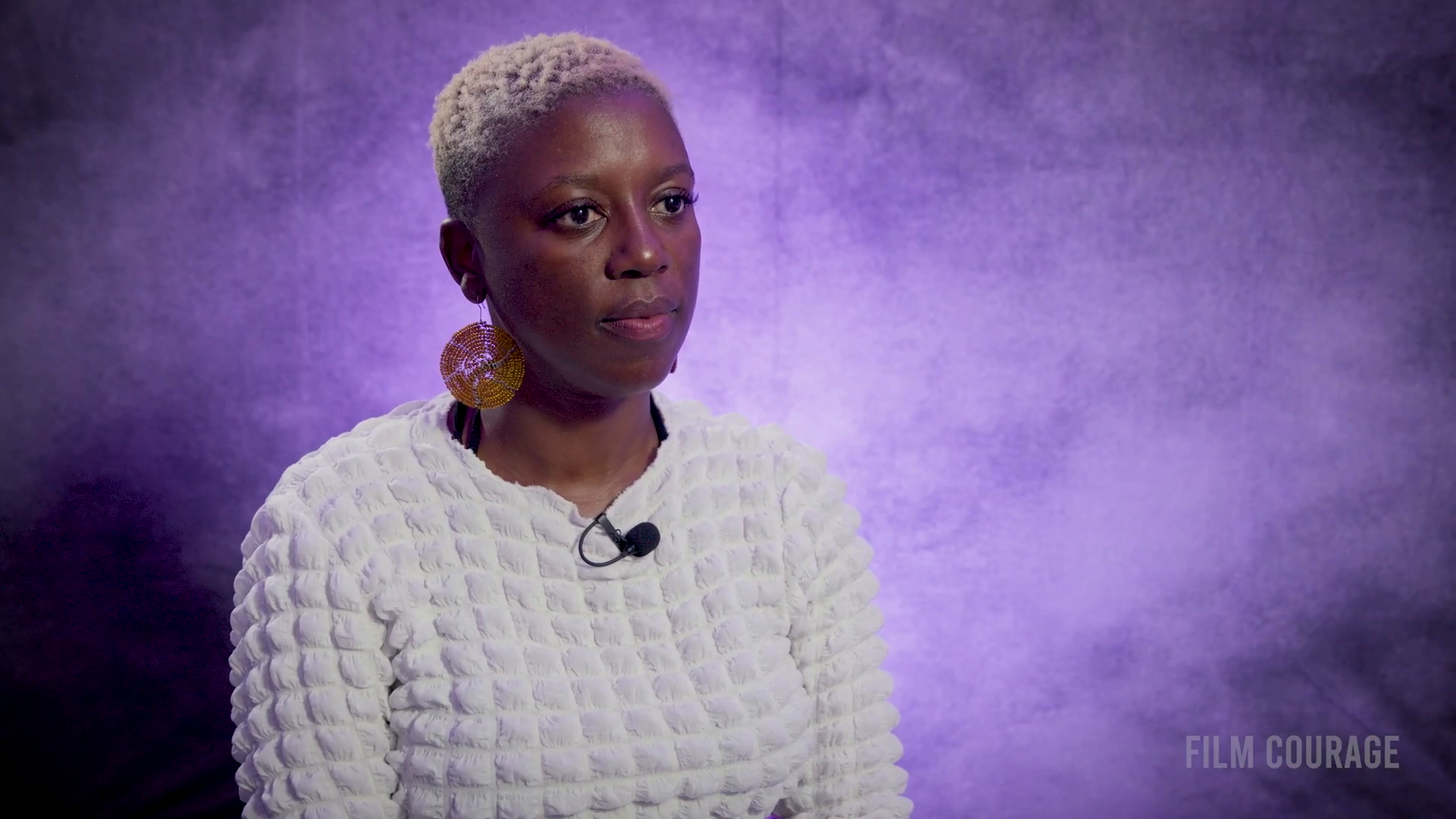
Favorite African Films
In this section, we explore some of the most impactful African films and directors, highlighting the diversity and richness of storytelling across the continent.
“There’s a movie called I Am Not a Witch, a Zambian movie, which is also next to Zimbabwe.”
Notable Films and Directors
Tsotsi: Directed by Gavin Hood, this film won an international Oscar. Gavin Hood later directed “Wolverine,” showcasing the universal appeal of African storytelling.
I Am Not a Witch: A Zambian film that offers a unique cultural perspective.
The Omen: Directed by Cameroonian-French director Baloji, known for his work in African realism. The film had an independent run and won an award at either Cannes or Sundance.
Mother of George: A beautifully shot immigrant story set in New York, directed by a filmmaker with Ghanaian heritage. The film features cinematography by Bradford Young, known for his work on “Arrival” and “Selma.”
Heart of the Hunter: An action-packed film available on Netflix, based on a book by South African author Dion Myers. It features intense action reminiscent of “Training Day.”
Diversity in Genres
These films span a variety of genres, from drama and magical realism to action, reflecting the diverse storytelling traditions of African cinema.
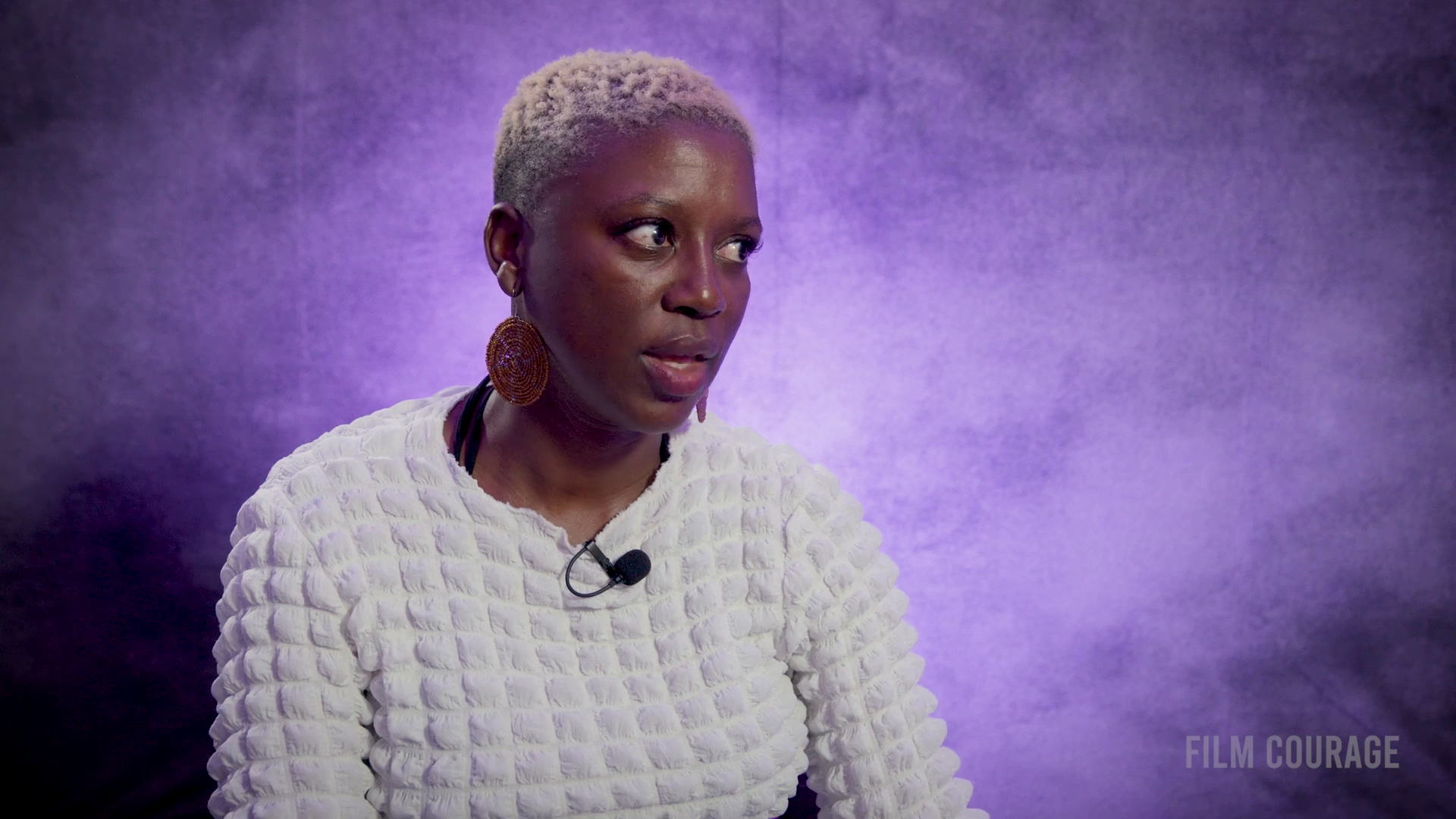
The Future of Cinema in Africa
The future of cinema in Africa is filled with promise and potential. As one observer notes, “The future is bright, in my opinion.” This optimism is grounded in the tangible developments already taking place across the continent.
Africa’s film industry is experiencing a surge in larger budgets and international collaborations. Notably, Hollywood has begun to recognize the continent’s potential, with major productions choosing African locations for filming. For instance, parts of “The Avengers” were filmed in Cape Town, and HBO’s “Raised by Wolves” not only featured African actors but was also partially shot in South Africa.
These developments signal a positive trajectory for African cinema, suggesting a future where the continent becomes a significant player in the global film industry. The excitement surrounding these changes is palpable, as the industry continues to grow and evolve.
